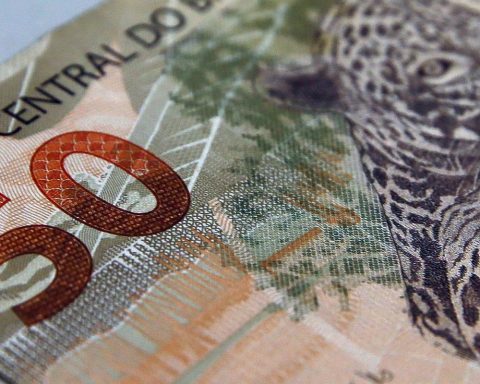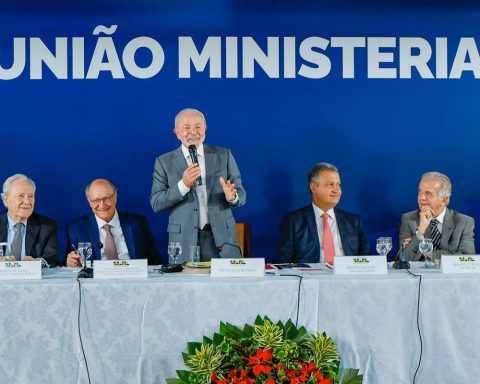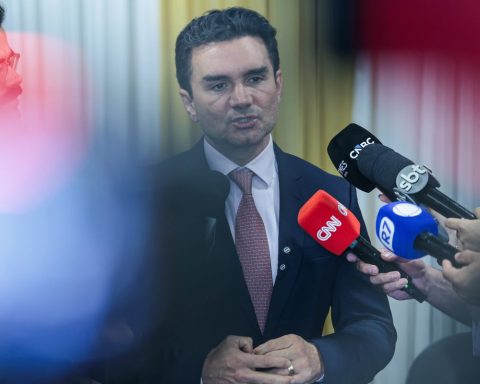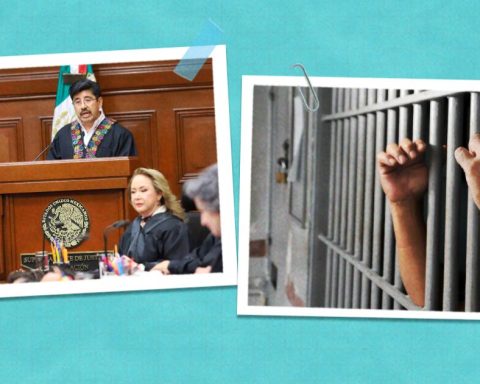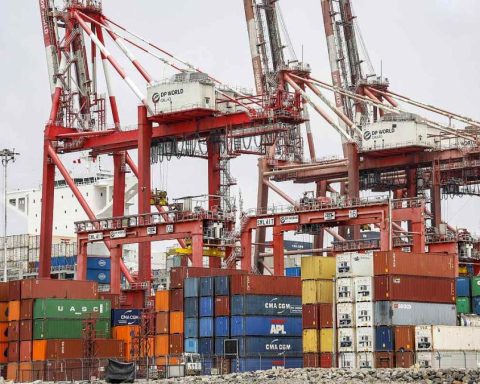President Jair Bolsonaro sanctioned the law that creates the Program to Increase the Productivity of the Road Fleet in the Country (Renovar). The proposal is to renew the fleet of vehicles for road transport of goods, buses, minibuses and road implements and withdraw vehicles from circulation at the end of their useful life.
The provisional measure that gave rise to the text was edited by the government in April and passed in Congress in early August. THE sanctioned law was published today (5) in the Official Gazette (DOU) with three vetoes by the president.
The objective is to reduce logistics costs in the country, increase the productivity, competitiveness and efficiency of road transport, generate positive impacts on the competitiveness of Brazilian products and contribute to the reduction of pollutant emission levels by the road fleet. According to data from the National Traffic Department, from the Ministry of Infrastructure, there are more than 3.5 million trucks in circulation in Brazil. Of this total, about 26% are more than 30 years old.
The program will feature national, regional or segmentation initiatives by product or user, articulated through the Renovar Platform, which will be managed by the Brazilian Agency for Industrial Development (ABDI). It will also be coordinated by a council that will define the program’s guidelines, composed of representatives from the transport, industry and civil society sectors.
The benefits, within the scope of the Federal Executive, will be directed primarily to autonomous cargo carriers (TACs) and members of road cargo transport cooperatives (CTCs) registered as members of the National Land Transport Agency (ANTT).
The text provides for the forgiveness of some debts of assets whose permanent registration is requested under the program, provided they are less than R$ 5 thousand and have been overdue for three years or more. The remission of non-tax debts from the vehicle to the National Department of Transport Infrastructure (DNIT), ANTT and the Federal Highway Police (PRF) are included.
The National Traffic Council (Contran) may define simplified procedures for the definitive write-off of the registration of the item eligible as scrap that will be sent for dismantling or destruction. The delivery of the vehicle will be the responsibility of the beneficiary and the companies participating in Renovar will be able to sell the materials resulting from the dismantling or destruction of the vehicle as scrap.
The law also authorizes the National Bank for Economic and Social Development (BNDES) to create the BNDES Finem – Environment – Renovar Program, a line of credit aimed at direct beneficiaries of Renovar and the dismantling or destruction chain. In the latter case, priority will be given to micro-enterprises, small businesses and individual micro-entrepreneurs.
Renovar will be funded by fines, fuel ethyl alcohol (Cide-combustíveis) and the amount allocated to research by the oil companies.
Among the legislative changes provided for in the new law, there was an amendment to the Brazilian Traffic Code to provide that the notification of the owner of the vehicle or the driver charged is done by electronic means, which may occur, exceptionally, upon prior manifestation of the owner or driver, via postal delivery.
vetoes
President Bolsonaro vetoed three provisions of the text approved in Congress, which deal with tax issues. At justifications for the vetoes were also published in the Official Gazette this Monday. They will be analyzed by parliamentarians who, within 30 days, may maintain or overthrow them.
One of the vetoed provisions provided that, for credit operations carried out under the Renovar Program, the Long-Term Rate (TLP) would have favorable conditions for the borrower. For the Presidency, the passage is contrary to the public interest in establishing these more advantageous circumstances for the borrower, as this would lead to a reduction in financial revenues destined for the Worker Support Fund (FAT) and the expansion of implicit subsidies from the National Treasury’s public debt. The measure would violate the Transitional Constitutional Provisions Act and the 2022 Budget Guidelines Act.
“Additionally, it should be noted that the measure would imply an increase in the Union’s credit subsidy through the FAT in a context of fiscal restriction and would represent a possible compromise of the structure of the composition of the TLP, which would constitute a relevant fiscal risk”, says the message from the TLP. Presidency.

